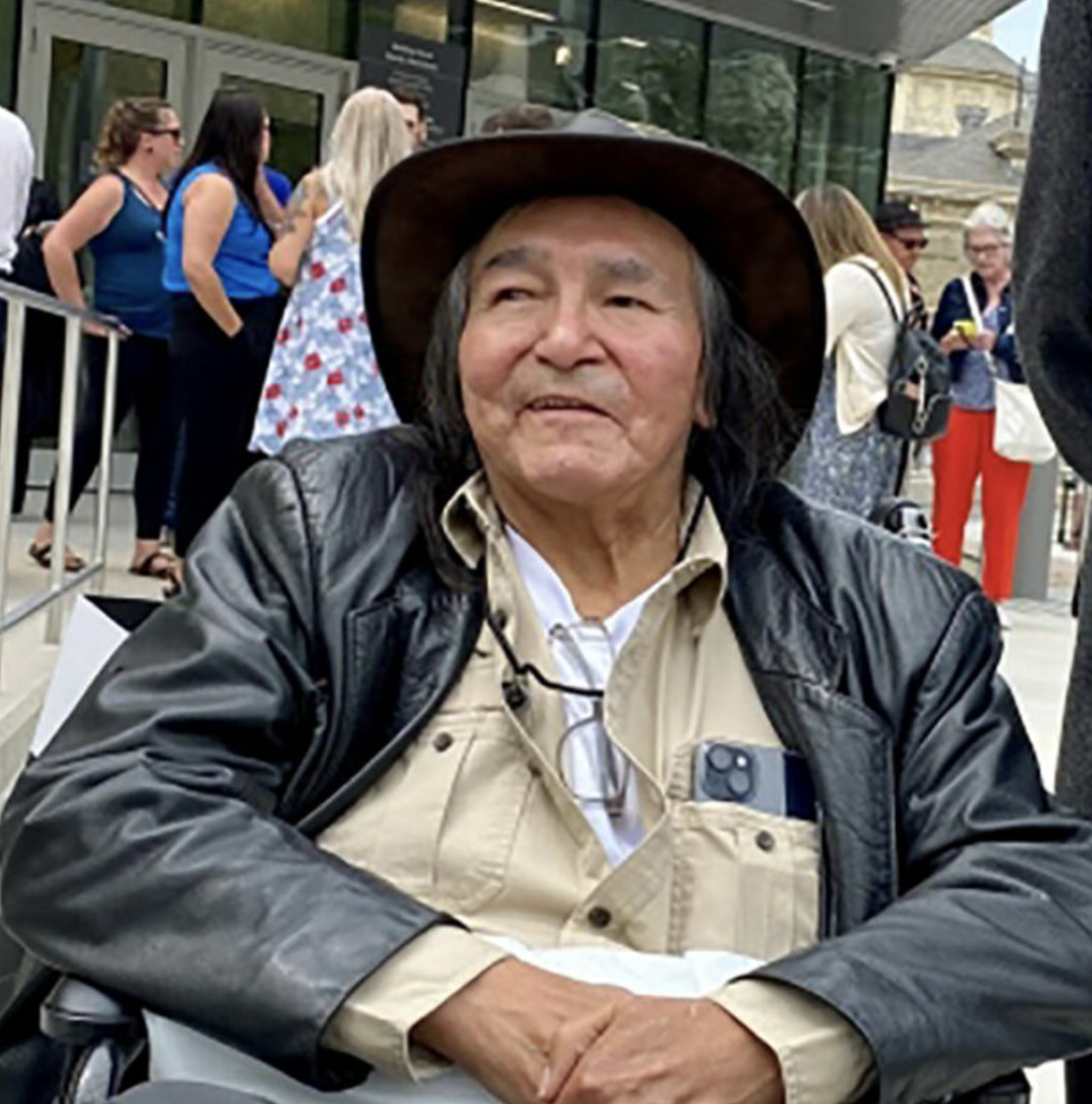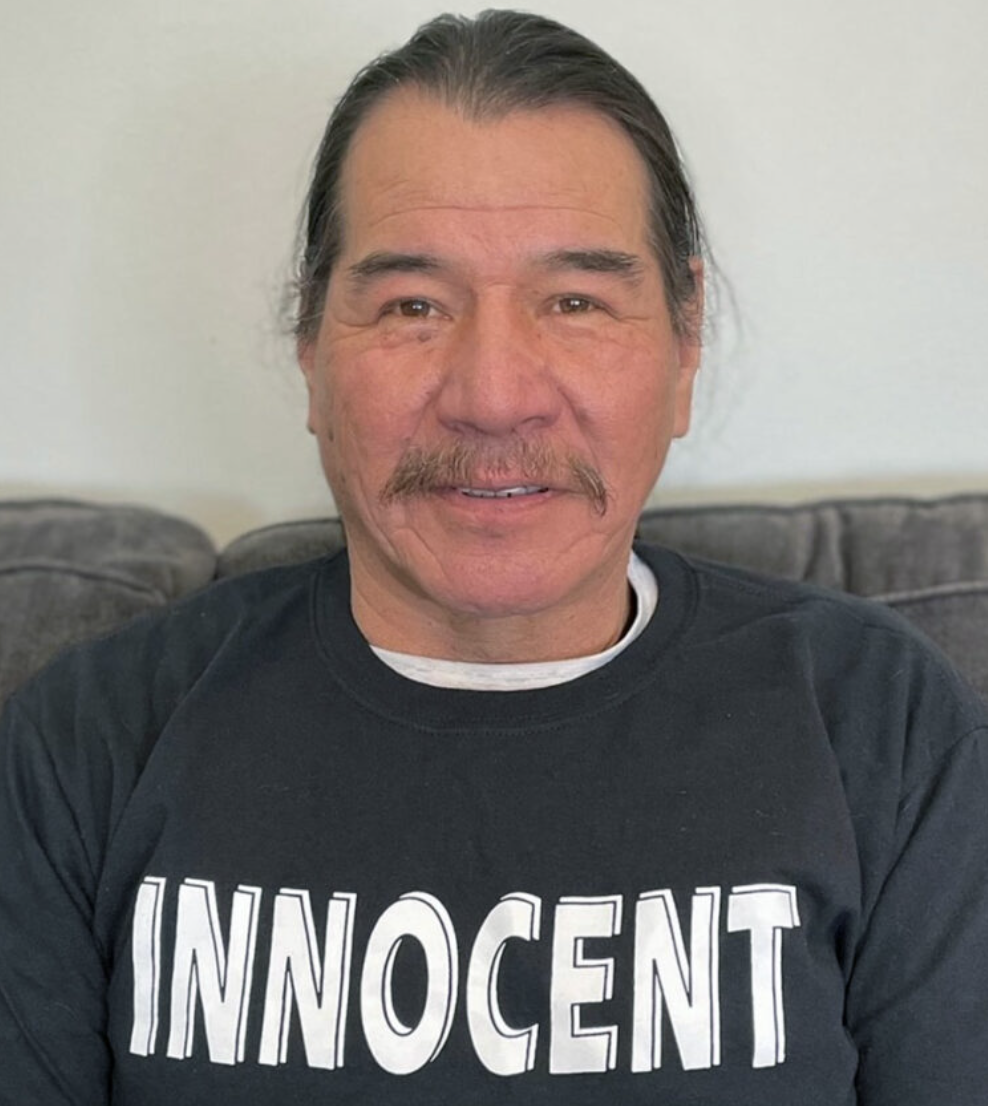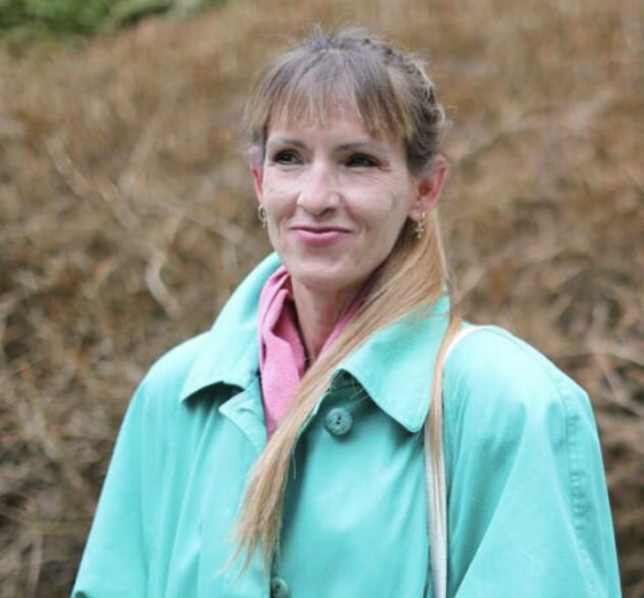CHRISTELLE DORVIL • OCT 21, 2024

(Tingey Injury Law Firm/UNSPLASH)
This October saw the tenth anniversary of Wrongful Conviction Day. To acknowledge this monumental day, Innocence Canada and the International Wrongful Conviction Day Committee hosted an event at the Ontario Bar Association in Toronto.
The event goes back to 2014, when Innocence Canada launched Wrongful Conviction Day to spread awareness and honour those who have been wrongfully convicted.
According to the Canadian Registry of Wrongful Convictions, their database contains 89 cases of wrongful conviction. A lot of these cases contain misleading forensics evidence, mistaken eyewitnesses and police misconduct.
What’s more, 18 per cent of these wrongfully convicted cases have pleaded guilty even though they’ve later been acquitted from their criminal charges, citing police pressure and language barriers.
A staggering 21 per cent of the wrongfully convicted are Indigenous, even though they make up just three per cent of the country’s population. Both Indigenous men and women are being incentivized to plead guilty, as they’re more likely to be denied bail.
In prison, they also tend to suffer harsher conditions like prolonged solitary confinement.
Innocence Canada cites the case of Allan Woodhouse and Brian Anderson, who the non-profit organization helped to exonerate.

Allan Woodhouse (Innocence Canada)

Brian Anderson (Innocence Canada)
Both of these men were from the Pinaymootang First Nation and later on moved to Winnipeg. They spoke limited English as it was their second language.
Their case goes back to 1973 when Ting Fong Chan, a 40-year old father was brutally murdered in Winnipeg. Witnesses claimed to have seen multiple men with long hair beating him up.
Shortly after, Brian Anderson and brothers Allan, Clarence and Russel Woodhouse became suspects of the crime. They were 18, 17, 21, and 19 years old respectively at the time.
They were arrested and all report being threatened and assaulted by officers before signing the confessions.
Important to note is that there was no interpreter present during Anderson’s police review. He says he was told he was signing a form to get property back that was taken upon arrest.
He was also falsely told that the three others confessed to being involved in the murder. Despite the fact that Anderson had an alibi, the lawyer present didn’t call his grandfather to confirm where he’d been the night of Ting Fong Chan’s murder.
The four men faced trial in front of an all white jury, and in 1974 they were convicted and sent to jail for life. Throughout everything, they maintained their innocence.
Decades later, they reached out to Innocence Canada, who brought the case to the Minister of Justice.
On Jul. 18, 2023, Brian Anderson and Allan Woodhouse were acquitted, as there wasn’t any evidence in the trial and prosecutor Michelle Jules notes that systemic racism impacted the investigation.
No one can give them back those years they spent in prison, but at last their innocence has been proven and recognized.
For many, the case of Brian Anderson and Allan Woodhouse show how systemic racism and police misconduct can upheave lives.
Another case of wrongful conviction that Innocence Canada helped to exonerate is that of Joyce Hayman.

Joyce Hayman (Innocence Canada)
When she was growing up, she experienced poverty, neglect and abuse. At 15 years old she developed an addiction to crack cocaine.
She gave birth to a son in 1991. In his youth, he’d been brought to the hospital where doctors issued tests on him.
A urine sample tested positive for cocaine, then a hair sample seemed to confirm it.
The hair was tested at SickKids’ Motherisk Drug Testing Laboratory (MDTL). It found that the boy’s hair had such a high concentration of cocaine that these results couldn’t be explained by something like second-hand smoke.
Rather, he must have been fed cocaine on multiple occasions. MDTL’s lab manager even said that amount of cocaine would ordinarily be expected in adult chronic users and could kill a child.
He was taken away from his mother and put into foster care. Hayman was charged with two counts of “administering a noxious substance and criminal negligence causing bodily harm.”
She testified that she’d never given cocaine to her son and admitted that she herself was addicted. In 1998 she was sentenced to two years, less a day,
Because of these charges, when Hayman gave birth again in 2003 her second son was also taken away.
She tried to appeal her conviction but couldn’t afford the $3,000 for the trial transcripts and forensics evidence. But then in 2014, the overturning of a similar conviction changed everything.
Tamara Broomfield had also been convicted for administering cocaine to her son after an MDTL test. Broomfield’s counsel had presented fresh evidence challenging the test results, which also found astonishingly high levels of cocaine in her child’s hair.
After a judicial review, MDTL’s hair drug test was found to be unreliable, also finding that the lab had serious deficiencies. This lab’s faulty hair analysis results were found to have played a role in six criminal convictions not including Hayman’s, and thousands of child protection matters.
The judicial review also found that the MDTL program disproportionately affected Indigenous and Black families, who are overrepresented in Ontario Child Protection Proceedings.
The hospital later shut down their Motherisk program in 2019.
With the Crown’s consent, the Ontario Court of Appeal granted Hayman’s application to reopen her conviction appeal. She was acquitted in April 2021.
According to the John Howard Society of Canada, one of the potential causes of wrongful convictions is that the jury gets swayed emotionally by evidence that’s considered to be beyond reasonable doubt.
Even though the drug test was a factor in Hayman’s conviction, she admitting to her cocaine addiction played a significant part in the case. Drug users have always faced a stigma that influences peoples’ perceptions of them.
These negative perceptions and the invalid drug tests caused this innocent mother to lose both of her children.
It’s important to stay aware of the possibilities of wrongful conviction and its effects, because it can happen to anyone.
For those seeking help, Innocence Canada accepts applicants who are convicted of a homicide offence they’re innocent of, as well as unsuccessful appeals of convictions.
To see fewer wrongful convictions, the John Howard Society of Canada offers a few points of advice:
- Confessions shouldn’t automatically be accepted as evidence of guilt
- Eyewitness testimonies should be treated with caution
- Appeal courts should be more active
By acknowledging the flaws of the justice system, we can continue to work towards getting the wrongfully convicted acquitted and reduce the amount that suffer from miscarriages of justice.

